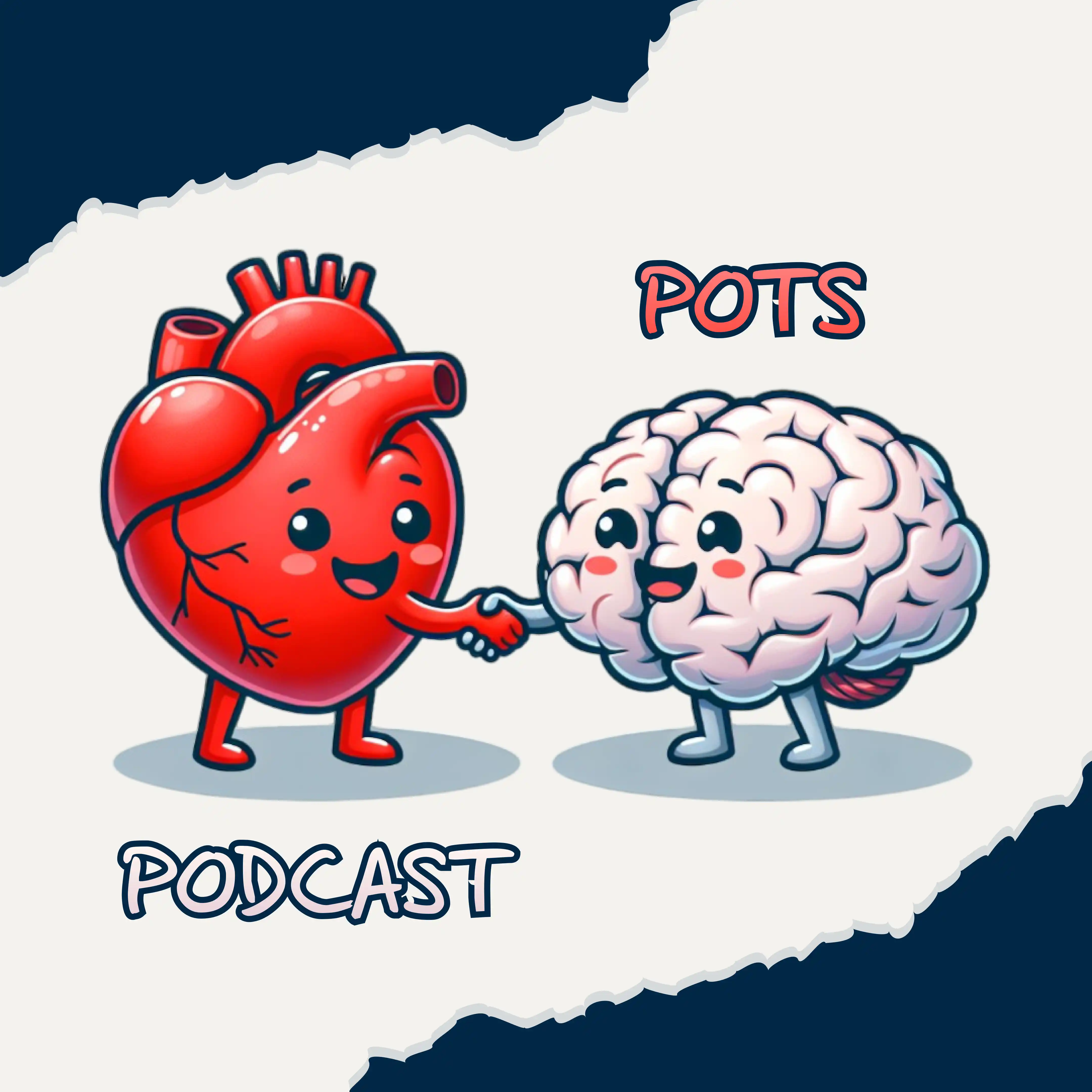
How a 70 Year Old Man Recovered His Personality After Devastating Brain Injury
When Ernie collapsed unconscious on his neighbor's driveway at age 67, doctors quickly addressed his heart condition but missed the devastating brain injury that would steal his personality, trap him in his home, and leave him feeling hopeless. After two and a half years of failed treatments at multiple facilities, this retired healthy man found himself stuck in a cycle of brain fog, dizziness, and depression that traditional rehab couldn't break. His journey led him to Dr. Joseph Schneider's Hope Brain Body Recovery Center, where a comprehensive 10-week neurological retraining program began to restore not just his cognitive function, but his sense of self. Ernie shares how the second half of treatment became the turning point where his wife finally saw glimpses of the "old Ernie" returning. This episode reveals why treating brain injury requires more than addressing individual symptoms and why hope becomes the foundation for neurological recovery. Dr. Schneider explains how his own stroke experience shaped a revolutionary approach to brain rehabilitation that goes beyond conventional therapy. Connect with Dr. Joseph Schneider: Website: Hope Brain and Body Recovery Center LinkedIn: Joseph Schneider YouTube: hopebrainbodyrecoverycenter Instagram: @hopebraincenter_ Facebook: Hope Brain and Body Recovery Center
Description:
When Ernie collapsed unconscious on his neighbor's driveway at age 67, doctors quickly addressed his heart condition but missed the devastating brain injury that would steal his personality, trap him in his home, and leave him feeling hopeless. After two and a half years of failed treatments at multiple facilities, this retired healthy man found himself stuck in a cycle of brain fog, dizziness, and depression that traditional rehab couldn't break. His journey led him to Dr. Joseph Schneider's Hope Brain Body Recovery Center, where a comprehensive 10-week neurological retraining program began to restore not just his cognitive function, but his sense of self. Ernie shares how the second half of treatment became the turning point where his wife finally saw glimpses of the "old Ernie" returning. This episode reveals why treating brain injury requires more than addressing individual symptoms and why hope becomes the foundation for neurological recovery. Dr. Schneider explains how his own stroke experience shaped a revolutionary approach to brain rehabilitation that goes beyond conventional therapy.
Connect with Dr. Joseph Schneider:
Website:Â Hope Brain and Body Recovery Center
LinkedIn:Â Joseph Schneider
YouTube:Â hopebrainbodyrecoverycenter
Instagram: @hopebraincenter_



Comments